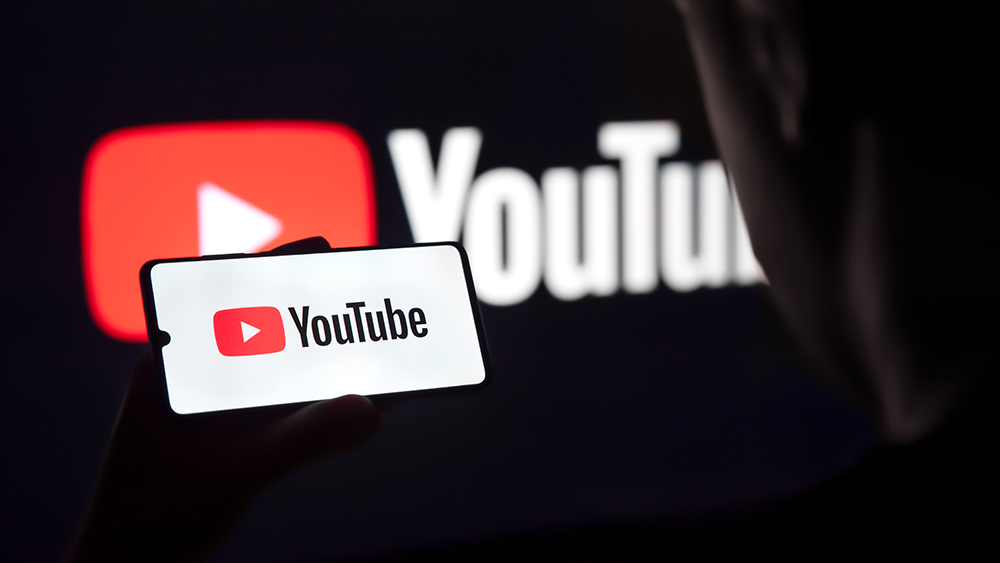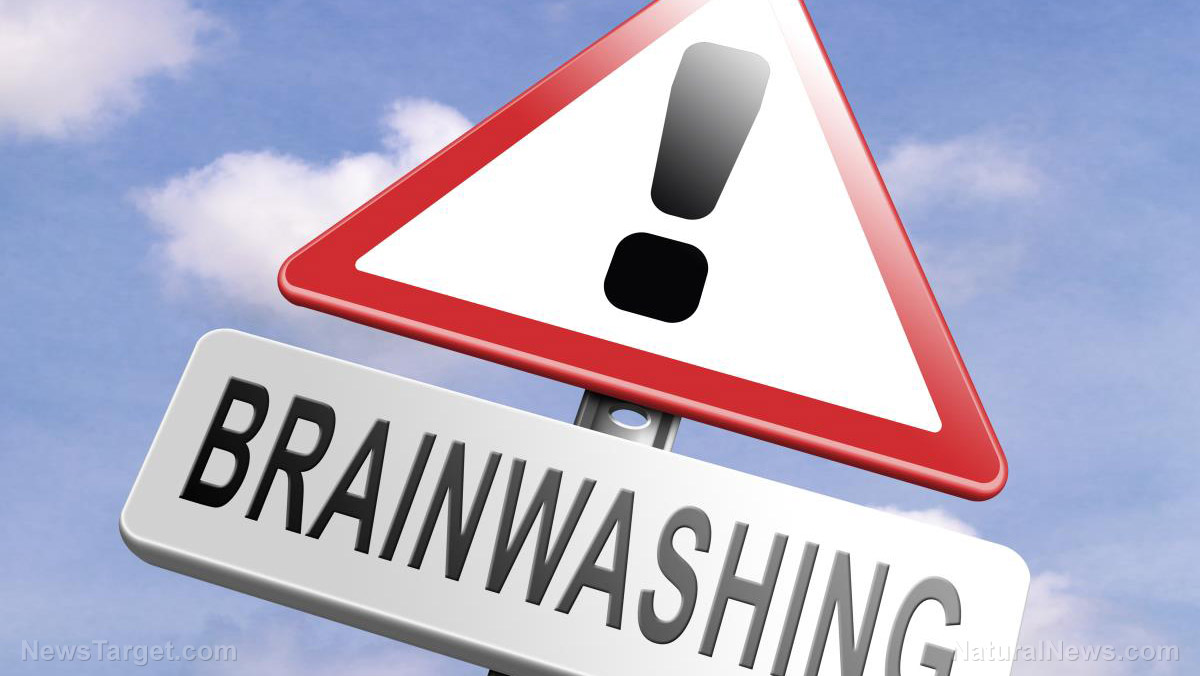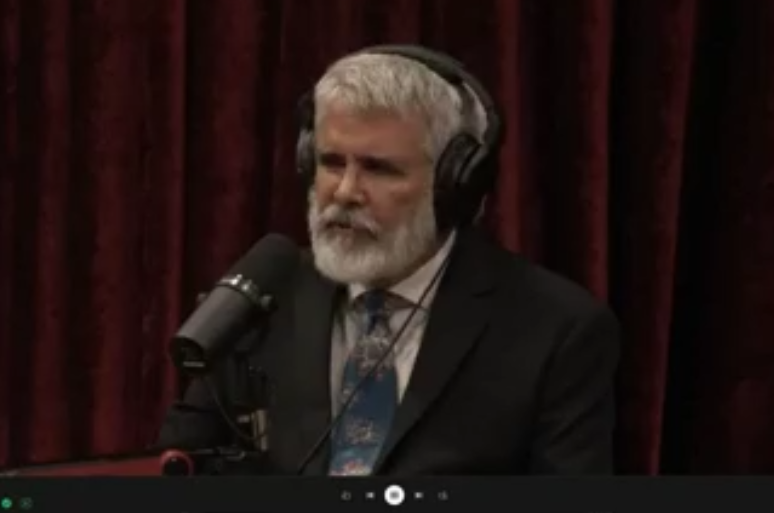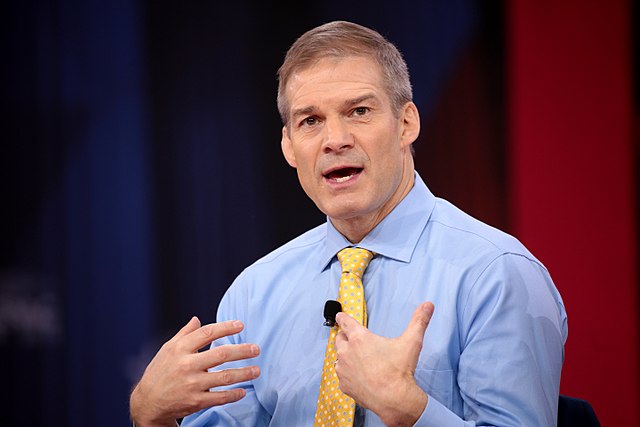Justice Clarence Thomas makes argument that Big Tech platforms are “common carriers” that should NOT be allowed to discriminate based on political viewpoints
04/11/2021 / By Ethan Huff

In the case of Biden v. Knight First Amendment Institute at Columbia Univ., Justice Clarence Thomas has made the argument that tech corporations like Amazon are operating as “common carriers,” and thus are not allowed under the law to discriminate against people based on their political beliefs.
Describing Big Tech platforms as a “communications utility,” Thomas wrote that digital services like Google function as a “gatekeeper” between users and the information they are trying to obtain. Because of this, they have a duty and responsibility to facilitate the free flow of information without impediment.
“When a user does not already know exactly where to find something on the Internet – and users rarely do – Google is the gatekeeper between that user and the speech of others 90% of the time,” Thomas explains.
“It can suppress content by deindexing or downlisting a search result or by steering users away from certain content by manually altering autocomplete results … Facebook and Twitter can greatly narrow a person’s information flow through similar means.”
Thomas also touched on Amazon’s digital book burning practices, which threaten to eliminate free speech in the realm of publishing.
“… as the distributor of the clear majority of e-books and about half of all physical books, Amazon can impose cataclysmic consequences on authors by, among other things, blocking a listing,” he warns.
As for the argument made by some that these tech platforms are not the only source for information and can thus do as they please, Thomas says this “changes nothing” because the tech giants operate as virtual monopolies with no serious competition of which to speak.
“A person always could choose to avoid the toll bridge or train and instead swim the Charles River or hike the Oregon Trail,” Thomas writes as a comparison.
“But in assessing whether a company exercises substantial market power, what matters is whether the alternatives are comparable. For many of today’s digital platforms, nothing is.”
Thomas suggests “laws that restrict the platform’s right to exclude”
Contrary to what many conservatives have been led to believe, more government intervention is not always a bad thing when that intervention is intended to protect the rights of the public. This, after all, is the true intent of government as outlined in the U.S. Constitution.
Problems arise when governments become a fascistic tool to suppress people’s rights, which is what has largely happened in this country. And both Democrats and Republicans are to blame for this mess, as their policies almost always pander to wealthy tyrants and large corporations at the expensive of American citizens.
From Thomas’ perspective, government intervention is desperately needed to break up the tech monopolies and restore Americans’ free speech rights, which have been seriously eroded thanks to many decades of government fascism and corporate collusion.
“If the analogy between common carriers and digital platforms is correct, then an answer may arise for dissatisfied platform users who would appreciate not being blocked: laws that restrict the platform’s right to exclude,” Thomas writes.
“When a platform’s unilateral control is reduced, a government official’s account begins to better resemble a ‘government-controlled space[e],” he further adds, citing earlier cases that dealt with such issues.
At the end of the day, holding large, powerful, private corporations accountable is what the government needs to do if there is to be any hope of preserving the First Amendment.
“If part of the problem is private, concentrated control over online content and platforms available to the public, then part of the solution may be found in doctrines that limit the right of a private company to exclude,” Thomas says.
To learn more about how the tech giants are censoring free speech and getting away with it, check out Censorship.news.
Sources for this article include:
Submit a correction >>
Tagged Under:
Big Tech, Clarence Thomas, common carriers, corporate collusion, First Amendment, free speech, government fascism, politics, tech giants
This article may contain statements that reflect the opinion of the author
RECENT NEWS & ARTICLES
COPYRIGHT © 2017 YOUTUBECENSORSHIP.COM
All content posted on this site is protected under Free Speech. YouTubeCensorship.com is not responsible for content written by contributing authors. The information on this site is provided for educational and entertainment purposes only. It is not intended as a substitute for professional advice of any kind. YouTubeCensorship.com assumes no responsibility for the use or misuse of this material. All trademarks, registered trademarks and service marks mentioned on this site are the property of their respective owners.




















